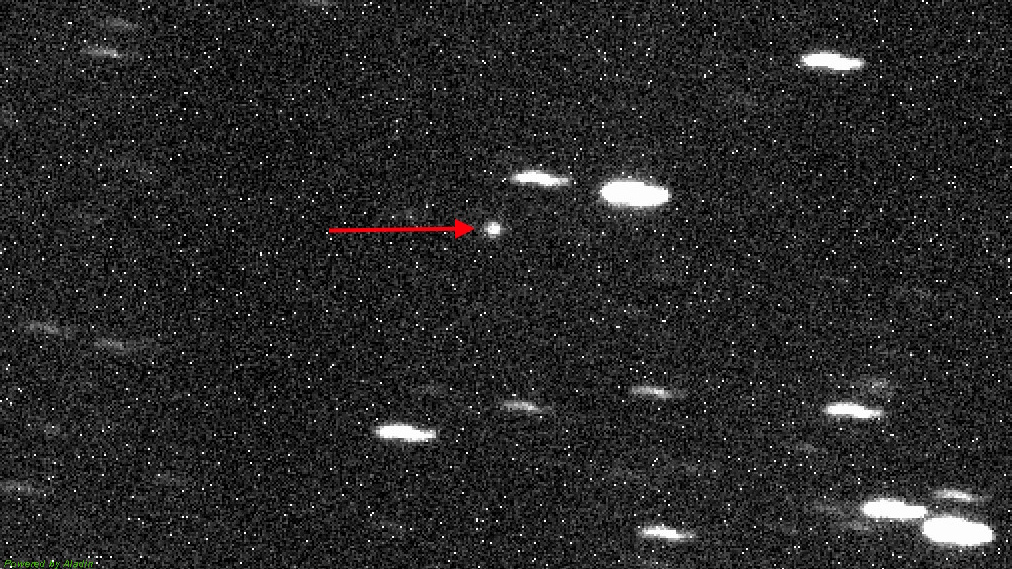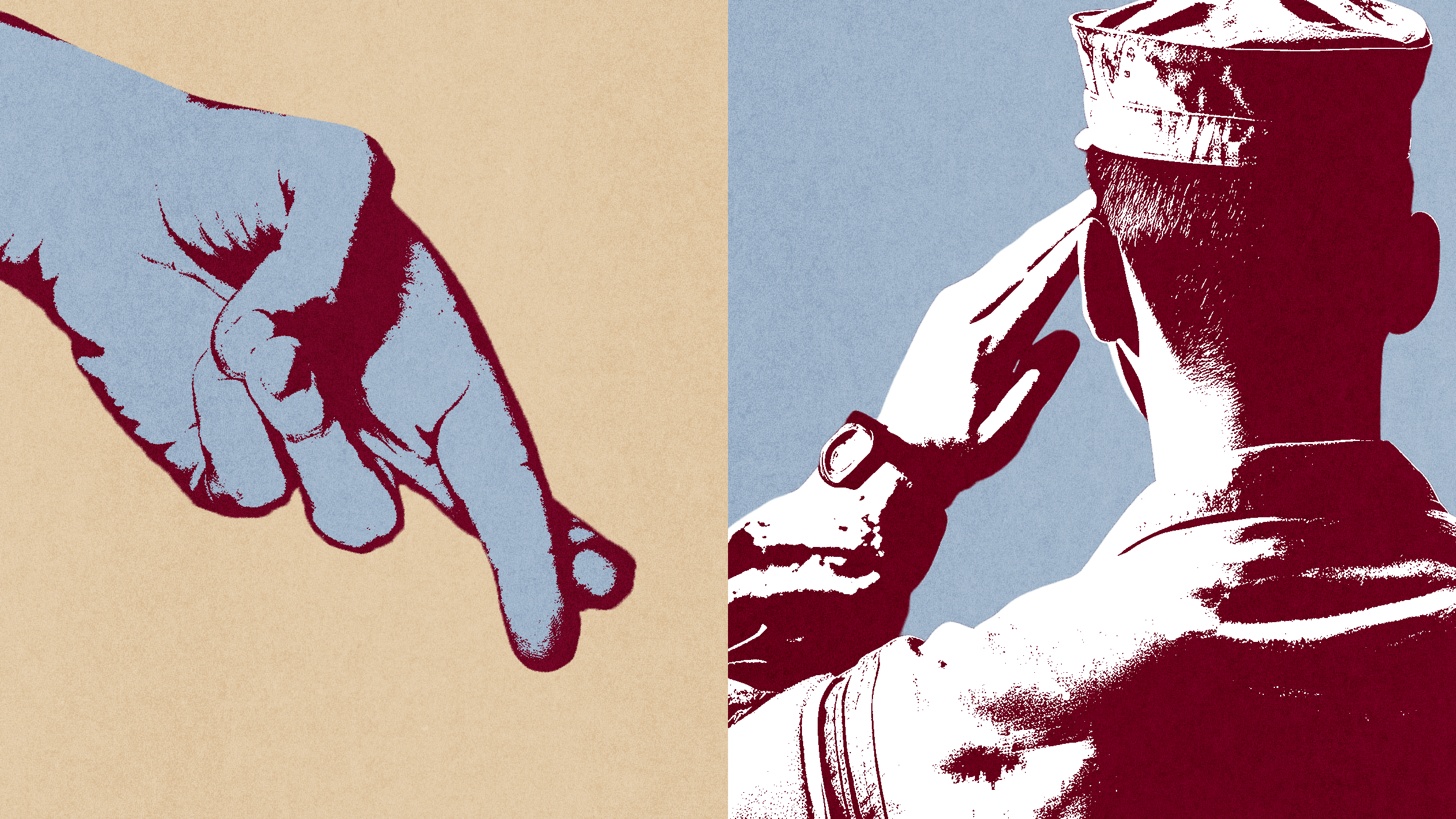Jeff Jarvis on the value of networks for the next generation of media.
Question: What does the media company of the future look like?
Jeff Jarvis: I think we’ll see tons of different business models for media in the future. One that I think will dominate is networks. Not the idea that everything that is produced has to be owned by one conglomerate, but instead there’s a network loosely joined.
If you look at the old media model exemplified by any publishing company or media company, or for that matter Yahoo. The old media model says, “I own or control or syndicate this content. I’m in a market to bring people into me and then I’m going to show you ads and then I’m going to wave goodbye.” And that’s where Yahoo and so on have gone.
The new media model, I think, is more of a network where I have my own blog, I don’t necessarily want to sell it to anybody. I want to publish it myself. But a site could come along and say, “Oh I like that post, let me take that post from you.” Or, “Let me sell your ads because you’re okay.” Or, “Let’s promote each other, some different relationship."
The idea of a network, I think, is the way that journalism and media can in fact expand. A local newspaper, a city newspaper could never have afforded to cover all the towns and neighborhoods in the market. But with the help of its public, they can now.
So what’s the relationship of that big newspaper to those individuals who are going out and maybe reporting the school board meeting or the kid’s soccer game? It may be a financial relationship where they sell the ads, it may be a content relationship where they curate the content, it may be an educational relationship where they help them understand how to do it better. It may be a promotional relationship where they send traffic to each other.
If you think more like a network, you’re thinking more like Google and that is how Google has expanded greatly. Google, unlike Yahoo, does not own tons of content, it wants to own none, but it wants to organize it all. So I think if you think that way and say, “Okay I’m a newspaper, instead of trying to own the content and own the market, if I instead enable the market to know as much as it can about itself and use as many means to do that as I can,” I think that then media companies will be able to grow bigger at lower cost and less risk and we’ll have a better relationship with the public they serve.
Recorded on: April 30, 2008





